Search Fellows
Click on a Fellow below to view more information or create your own search.
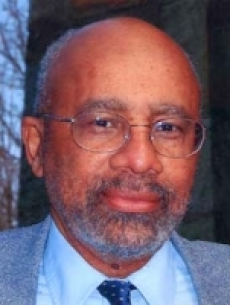
Wilbur C. Rich
Wellesley College
Visiting Scholar
2000 to 2001
Wilbur Rich, professor of political science at Wellesley College, will work on a book about the role of the press in shaping public conceptions of U.S. city mayors, including David Dinkins, former mayor of New York, and Thomas Menino, mayor of Boston. Both mayors were the first of their ethnic group to lead their cities, and both owe their public image to the press. Mayors who boast a popular public image, due to favorable press coverage, can exercise control and influence far beyond the limited powers of their office.
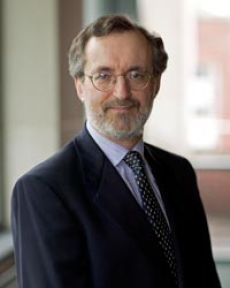
Thomas Romer
Princeton University
Visiting Scholar
2005 to 2006
Sean Corcoran, Assistant Professor of Economics at California State University-Sacramento, Thomas Romer, Professor of Politics and Public Affairs at Princeton University, and Howard Rosenthal, Professor of Politics at New York University, form a working group that will construct a comprehensive time-series database with demographic, political, and financial information on American school districts. While at the Foundation, they will use information from this database to begin writing a book about the political economy of financing U.S.
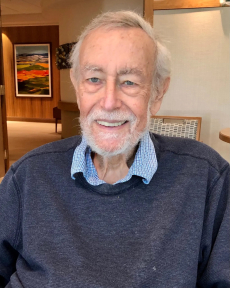
Howard Rosenthal
New York University
Visiting Scholar
2005 to 2006
Sean Corcoran, Assistant Professor of Economics at California State University-Sacramento, Thomas Romer, Professor of Politics and Public Affairs at Princeton University, and Howard Rosenthal, Professor of Politics at New York University, form a working group that will construct a comprehensive time-series database with demographic, political, and financial information on American school districts. While at the Foundation, they will use information from this database to begin writing a book about the political economy of financing U.S.
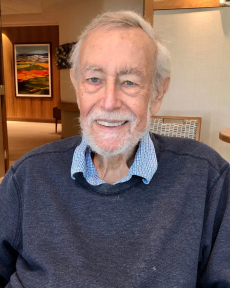
Howard Rosenthal
Princeton University
Visiting Scholar
2002 to 2003
Howard Rosenthal, the Roger Williams Straus Professor of Social Sciences and professor of politics at Princeton University, will study the increase of income and wealth inequality in the United States since the 1970s and its effects on health and other outcomes. Rosenthal will analyze the political consequences of the vast increase in the number of households with high income and wealth levels over the past 50 years.
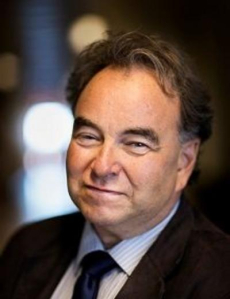
Bo Rothstein
Göteborg University
Visiting Scholar
1998 to 1999
Bo Rothstein, August Röhss professor of Political Science at Göteborg University, Sweden, will study the rise and fall of "the Swedish model," a unique political and economic system that for decades produced outstanding economic growth coupled with a generous welfare state. Rothstein illuminates the importance of trust in two key aspects of the Swedish model: stable alliances between unions and the ruling Social Democratic Party, and direct participation by major interest organizations in public policy formation.
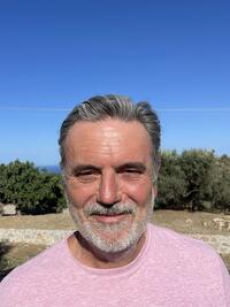
Nicholas Sambanis
Yale University
Visiting Scholar
2003 to 2004
Nicholas Sambanis, assistant professor of political science at Yale University, will study the political economy of civil war in many countries between the years of 1945 and 2000 to test hypotheses related to the onset, duration, and recurrence of civil strife. To investigate the complexity of civil war, Sambanis has developed a model that offers an explanation of how and why a society transitions from one phase of civil war to the next; the model provides a way to test whether the phases share common risk factors.
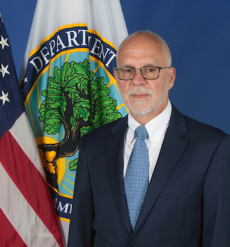
Mark Schneider
State University of New York, Stony Brook
Visiting Scholar
1997 to 1998
Mark Schneider, professor and chair of the department of political science, State University of New York at Stony Brook, wrote a book on how increasing freedom of choice affects parents' pursuit of educational alternatives for their children. Schneider evaluated both sides of the school choice argument, examining whether greater choice benefits society by prompting parents to become informed consumers, or whether it increases segregation along racial and class lines.
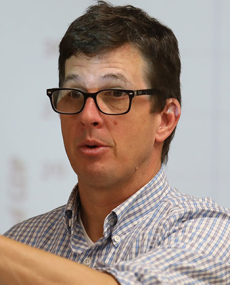
Lyle A. Scruggs
University of Connecticut
Visiting Scholar
2012 to 2013
Scruggs will write a book that examines the historical evolution of social welfare programs around the world and in the U.S. between 1970 and the present. He will assess whether social policy provisions are becoming less generous in richer democracies or in American states, and investigate the role of structural, institutional, and political factors to explain differences in the comparative generosity of the welfare state.
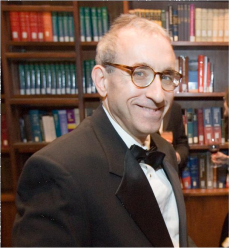
Robert Shapiro
Columbia University
Visiting Scholar
2006 to 2007
Robert Shapiro, Professor of Political Science at Columbia University, will use self-reported data on political ideology and party affiliation to examine the extent to which public opinion in the United States has split along party lines. He will go beyond previous studies to analyze public opinion data from 2006 and to assess the relationship between partisanship and ideological beliefs with respect to foreign policy issues.
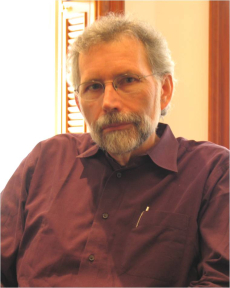
Peter Skerry
Boston College
Visiting Scholar
2006 to 2007
Peter Skerry, Professor of Political Science at Boston College, will write a book on the social and political integration of Muslims in contemporary America. Based on his fieldwork in several U.S. cities, the book will explore how a distinct American Muslim identity is emerging from the presence of Arab, South Asian, and African-American Muslims in the United States.
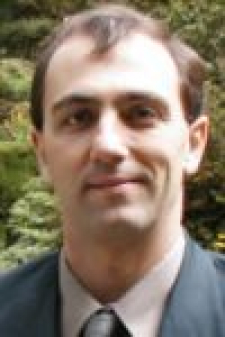
Alastair Smith
New York University
Visiting Scholar
2012 to 2013
Smith will investigate voting behavior and the ways parties solicit votes. He will build on existing formal models to argue that parties reward voting groups that offer them the greatest level of support. In this model, individual voters have much greater influence over the distribution of local rewards than over which party wins elections.
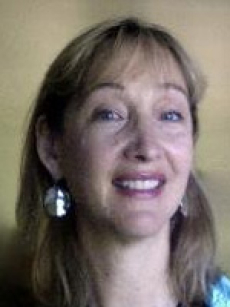
Susan C. Stokes
Yale University
Visiting Scholar
2014 to 2015
Stokes will write a book investigating what compels people to participate in elections. She argues that the subjective cost of abstention—or how much a person feels he or she will lose by not voting—can explain why people turn out at higher rates when the office to be filled is elevated. Stokes will also explore how this theory of abstention may shed new insight on why low-income populations vote at lower rates than more affluent populations.
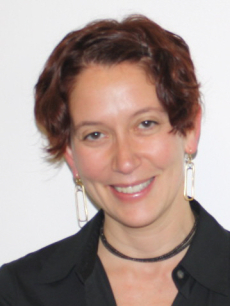
Dara Strolovitch
Princeton University
Visiting Scholar
2017 to 2018
Strolovitch will complete a book about how widening socioeconomic inequality and catastrophic events such as 9/11, Hurricane Katrina, and the Great Recession affect political representation for marginalized groups.
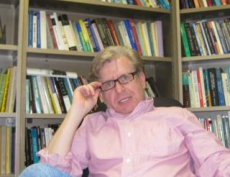
Piotr Swistak
University of Maryland, College Park
Visiting Scholar
1998 to 1999
Piotr Swistak, associate professor in the department of government and politics at the University of Maryland at College Park, will develop a new framework for understanding the emergence of norms, group values, and other social institutions. At the heart of many policy problems involving firms or nations lies a need for institutions that promote efficiency through cooperation. Drawing on real-life empirical puzzles, Swistak will identify the conditions under which the norms conducive to stable institutions are most likely to arise.
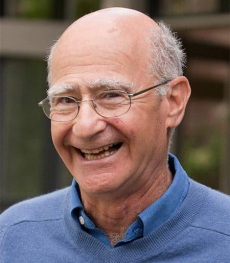
Sidney G. Tarrow
Cornell University
Visiting Scholar
2003 to 2004
Sidney G. Tarrow, Maxwell M. Upson Professor of Government and professor of sociology at Cornell University, will write a book that examines transnational activism. He will consider a variety of questions, such as whether transnational activists consider themselves a distinct group, whether they move in and out of their activist role as issues ebb and flow, how they gain certification to be able to operate internationally, and how they appropriate domestic organizations for international purposes.
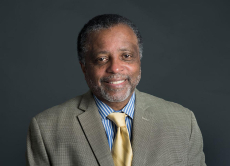
J. Phillip Thompson
Columbia University
Visiting Scholar
1995 to 1996
J. Phillip Thompson, assistant professor of urban politics and urban policy at Barnard College, began work on a book that will trace the narrowing of the political scope of black politics and the limiting of black collective action that accompanied the election of black mayors in New York, Oakland, and Atlanta. He also completed a book chapter on urban community initiatives and shifting federal policy.
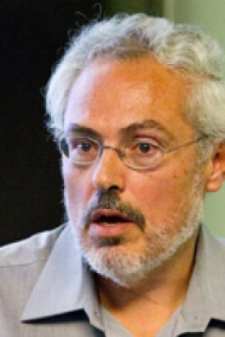
George Tsebelis
University of California, Los Angeles
Visiting Scholar
2000 to 2001
George Tsebelis, professor of political science at the University of California, Los Angeles, will develop a theory of political institutions, focusing upon those individuals or groups who hold a veto over any attempt to change the status quo. According to this theory of "veto players," political institutions do not influence the direction of policy so much as the pace of legislative change. The greater the number of veto players, the greater the cohesion within them, and the greater the ideological distance between them, the harder it is to pass legislation.
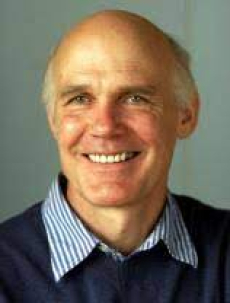
Robert Wade
Brown University
Visiting Scholar
1997 to 1998
Robert Wade, professor of political science and international political economy at Brown University, studied the process by which the World Bank, the world's preeminent development agency, has come to integrate environmental criteria into its standard advice and lending procedures. Wade explored the World Bank's evolving conceptualization of environmental considerations, focusing on the influence of such outside forces as the U.S. Congress, U.S. Treasury, and environmental NGOs.
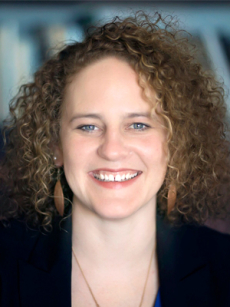
Hannah Walker
University of Texas at Austin
Visiting Scholar
2023 to 2024
Walker will explore how local police enforcement of federal immigration laws affect Latinx people. She will analyze data from the Immigrant Legal Resources Center, Stanford Open Policing Project, and Transactional Records Access Clearing House to assess how the impact of these programs on Latinx people varies by local police precinct practices and procedures.
Dorian T. Warren
Columbia University
Visiting Scholar
2008 to 2009
Virginia L. Parks, Assistant Professor, School of Social Service Administration at the University of Chicago, and Dorian T. Warren, Assistant Professor of Political Science at Columbia University, will study grassroots community resistance to “big box” retail stores in New York, Chicago, and Los Angeles.
